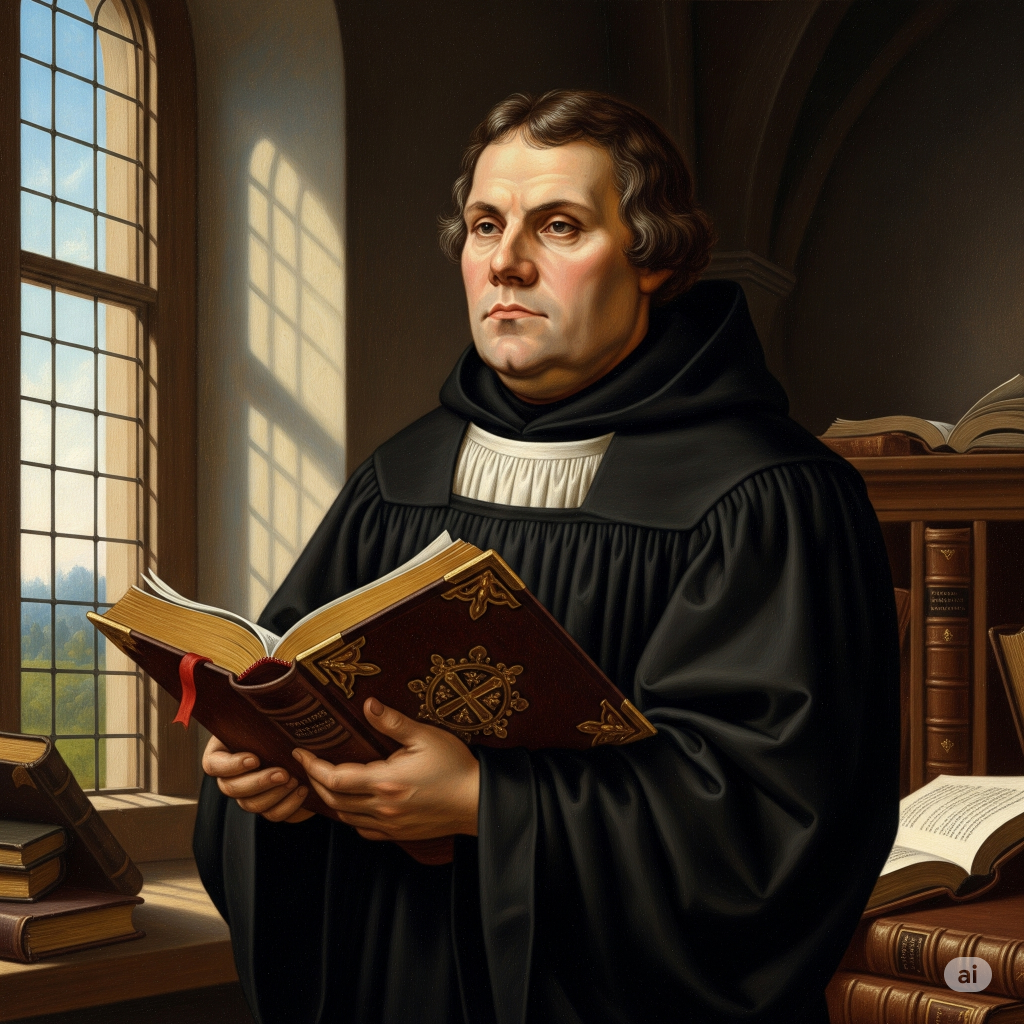
Bible Study Summary: Unpacking “Sola Scriptura” – The Catholic Perspective
This Catholic Bible study will address the Protestant principle of “Sola Scriptura” (Scripture Alone), which asserts that the Bible is the sole infallible rule of faith and practice. We will explore this doctrine from a Catholic viewpoint, demonstrating through Scripture and historical understanding why the Catholic Church teaches that Divine Revelation is transmitted through a harmonious interplay of Sacred Scripture, Sacred Tradition, and the Magisterium (the teaching authority of the Church).
Key themes and scriptural insights will include:
- Defining “Sola Scriptura”: A brief overview of the Protestant understanding and its historical origins.
- The Catholic View of Revelation: Presenting the full Catholic teaching that God’s Revelation comes to us not through Scripture alone, but through Sacred Scripture and Sacred Tradition, faithfully interpreted by the Magisterium.
- Scripture’s Own Testimony: We will examine how the Bible itself does not teach “Sola Scriptura.”
- The Role of Tradition: Exploring passages that highlight the importance of oral and apostolic Tradition (e.g., 2 Thessalonians 2:15: “So then, brethren, stand firm and hold to the traditions which you were taught by us, either by word of mouth or by letter.” and 2 Thessalonians 3:6, 1 Corinthians 11:2).
- The Church as “Pillar and Bulwark of Truth”: Analyzing 1 Timothy 3:15 which states the Church, not Scripture alone, is “the pillar and bulwark of the truth,” implying the Church’s authoritative role in preserving and transmitting truth.
- The Need for Interpretation: Discussing passages like 2 Peter 1:20 (“no prophecy of scripture is a matter of one’s own interpretation”) and the story of Philip and the Ethiopian eunuch (Acts 8:30-31), which illustrate that Scripture requires authoritative guidance for proper understanding.
- The Historical Development of Scripture: Understanding that the Bible, particularly the New Testament canon, was discerned and compiled by the early Church under the guidance of the Holy Spirit, demonstrating the Church’s prior existence and authority.
- Consequences of “Sola Scriptura”: Briefly touching on the practical implications, such as the proliferation of diverse interpretations and denominational divisions that arise when a final, authoritative interpreter is denied.
- The Catholic Reverence for Scripture: Reaffirming that Catholics hold Scripture in the highest regard, viewing it as the inspired Word of God, but always read and understood within the living Tradition and Magisterium of the Church.
This study aims to provide a clear, scripturally-based explanation of the Catholic understanding of divine authority, fostering a deeper appreciation for the interconnectedness of Scripture, Tradition, and the Church as God’s unified provision for our salvation.

Leave a Reply